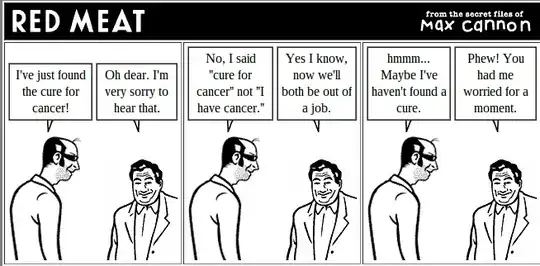I've heard a theory that given the widespread incidence of cancer, a cancer cure probably already exists but has been hidden by major pharmaceutical companies to maximise revenue from expensive cancer treatment, since a cure would be one-off but treatment is life-long.
From Is There Really a Conspiracy to Suppress Cancer Cures?:
The general story is that there is a conspiracy by the established medical industry to keep the cure for cancer hidden. This is the “cancer conspiracy” discussed on this page. The reasoning behind this theory typically goes like this:
Alleged Fact 1: Cancer is a multi-billion dollar industry.
+ Alleged Fact 2: Treatment x cures cancer so well it would destroy that industry.
=> Conclusion: Some individuals, companies, and government organisations involved in the industry are suppressing the information about x to keep their industry thriving.
However, sources for these claims have been rather questionable, and while I definitely don't believe them myself, out of curiosity, is there any evidence for this conspiracy theory?
